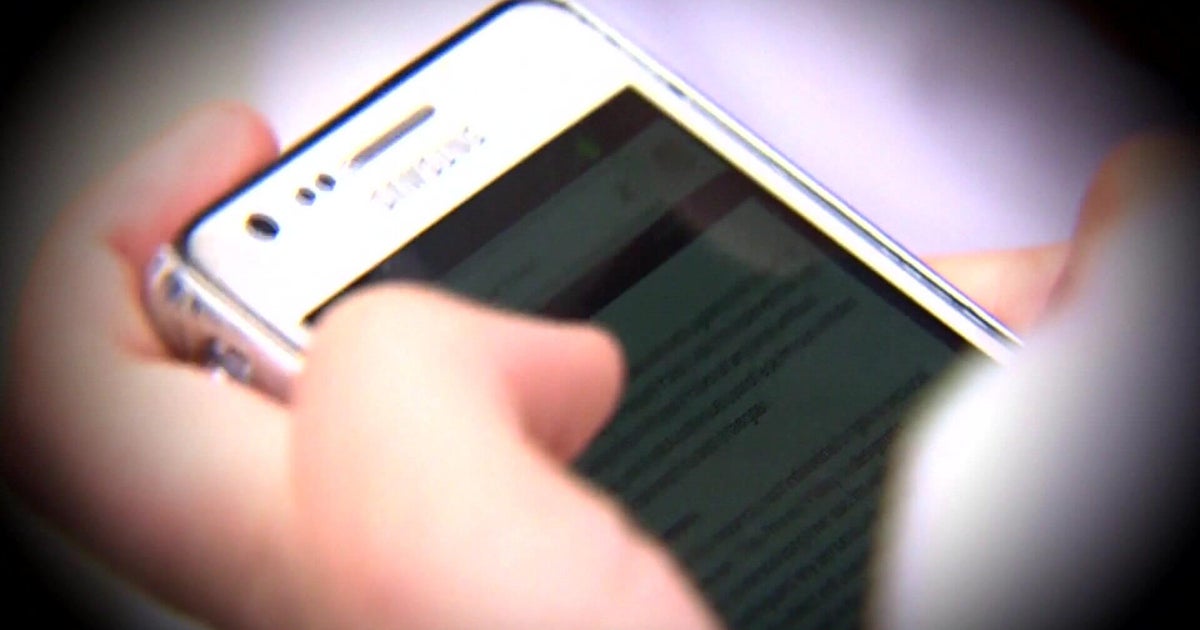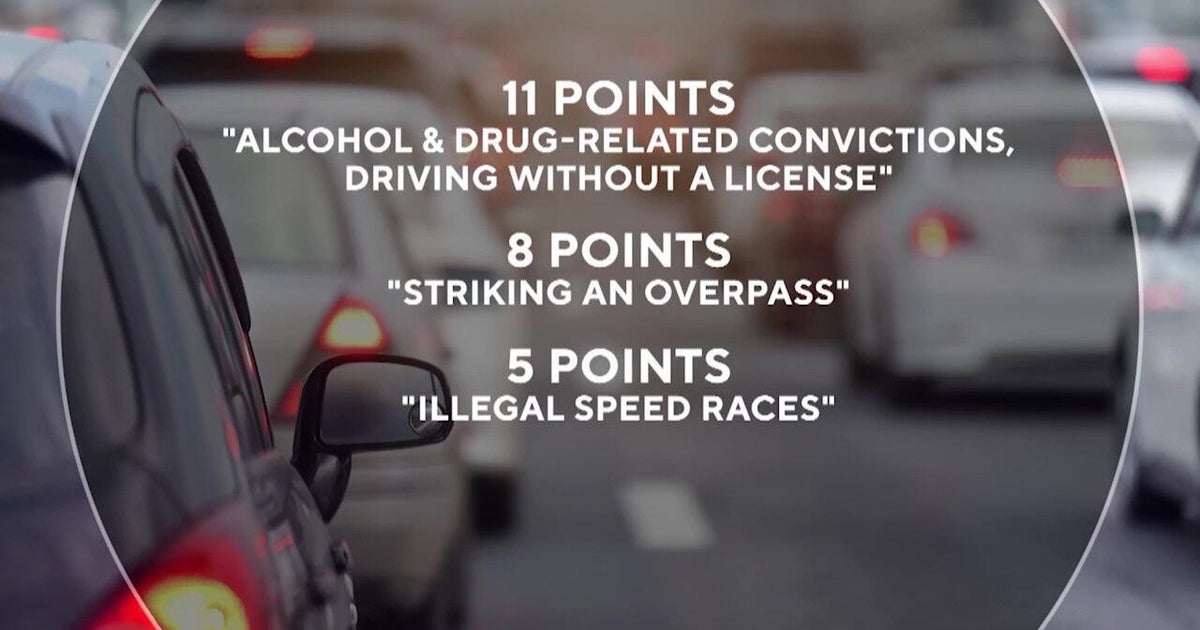Kids Use Kitchen Items For Risky Games And Highs
 WebMD Medical News
WebMD Medical News
Reviewed by Laura J. Martin, MD
Dec. 28, 2012 -- Common kitchen items like ground cinnamon and marshmallows are increasingly being used by kids for dangerous choking games and cheap, easy highs, a toxicologist warns.
"A lot of these spices and household products are around all year. But during the holidays, kids are out of school. So they have less structure and may spend more time on the Internet, where they can learn about choking games and other ways to get high," says Christina Hantsch, MD, of Loyola University Health System in Maywood, Ill.
"There is always something new out there. So parents have to educate themselves and their children and have a relationship where they can talk about things they have heard of that may very well be risky."
Dangerous Games
So just what are kids doing with these spices and products?
Hantsch says the emergency room at her hospital saw 12 preteen kids who took the "cinnamon challenge." During this challenge, kids swallow cinnamon without any water. This results in a cough and burning sensation that can lead to breathing issues and choking.
Videos of the cinnamon challenge on the Internet have gone viral, which is why it is increasing in popularity. In 2011, poison centers in the U.S. received 51 calls about exposure to cinnamon among teens. In the first three months of 2012, they received 139 calls, she says.
The "chubby bunny" marshmallow challenge has similar risks. In this game, kids stuff as many marshmallows into their mouth as they can, and try to say "chubby bunny." Two kids choked to death during this game.
"It is a little concerning that we are starting to see these things in younger children and preteens who are not aware of the serious consequences," she says.
Getting High on Household Products
Other kitchen and household products are also risky. Ground nutmeg can be snorted, smoked, or eaten in large amounts to produce marijuana-like effects, Hantsch says. "We are talking about large quantities, not a little bit in your Chai tea."
Kids are also using aerosol whipped cream and aerosol cooking spray to produce a laughing-gas effect.
Other risky behaviors include drinking hand sanitizer, which often has an alcohol base. "Even a mouthful can make someone feel inebriated," she says. Some may sniff glue and magic markers to get high. "They may sniff them directly or have the product in a bag that they hold over their mouth and nose."
The Role of Holiday Stress
Besides the free time and lack of structure, the holidays can be times of stress and emotional tumult for children and teens. "They may be more upset and anxious and more likely to explore or self-medicate," says Scott Krakower, DO. He is the medical director of the Mineola Community Treatment Center at the North Shore-Long Island Jewish Health System in Mineola, N.Y.
Parents should move the spices to higher cabinets and secure all over-the-counter and prescription pills, he says.
Parents should also be aware of the risks of fake marijuana products such as Spice or K2. "Children are more likely to explore with these, especially if parents have made their thoughts about marijuana clear," he says. These drugs don't show up in many standard urine screens either.
Harris Stratyner, PhD, says that parents must also be concerned about alcohol and prescription drug abuse among children and teens. Stratyner is the vice president of the New York Clinical Regional Services of Caron Treatment Centers.
"Alcohol and prescription drugs are killing us, and when we talk about cinnamon and other spices, it takes us away from serious issues," he says. "Parents need to make sure dentists and physicians don't overprescribe painkillers for wisdom teeth or other illnesses."
Parents also must watch for changes in their kids' behavior and ask where they are going and who they are going with. "Be parents, not buddies," Stratyner says. "Set guidelines and boundaries."







